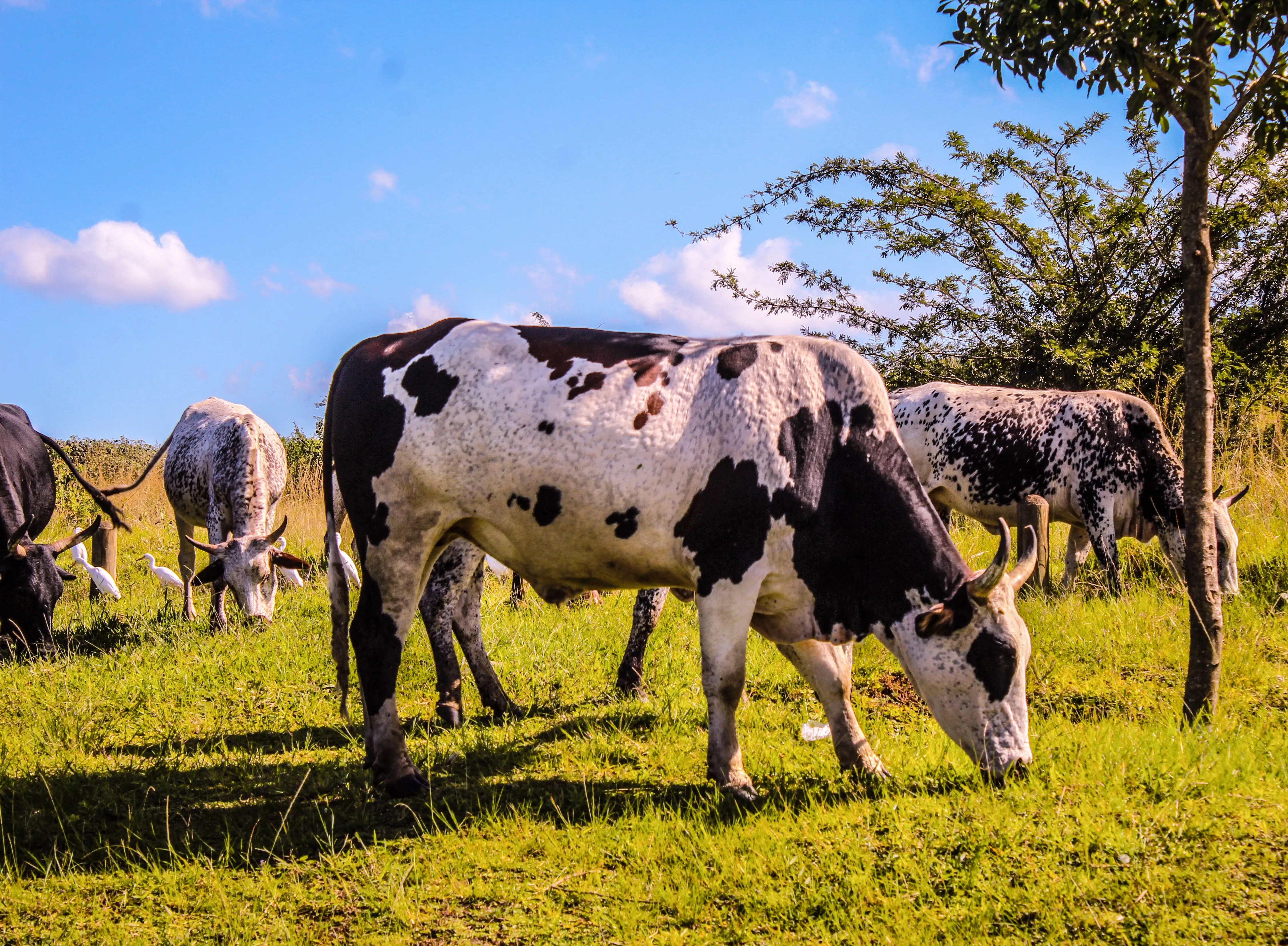Livestock Management: Balancing Productivity and Welfare
Discover the art of 'Livestock Management: Balancing Productivity and Welfare' in our latest Vriksha Farms blog post. Learn about sustainable farming techniques that prioritize animal welfare while enhancing farm productivity. Explore best practices in soil management, the integration of technology in farming, and innovative strategies for sustainable crop rotation. Gain insights into maintaining long-term soil fertility and embracing responsible farmland management for a thriving agricultural venture."

Introduction
In the world of sustainable agriculture, the management of livestock plays a crucial role. Vriksha Farms, committed to responsible agroforestry and sustainable living, emphasizes the importance of balancing productivity with animal welfare in livestock management. This blog post explores best practices in livestock management that not only enhance farm productivity but also ensure the well-being of the animals.
Ethical Livestock Rearing
Importance of Animal Welfare
Animal welfare is a key component of sustainable livestock management. Practices that ensure the health and comfort of the animals lead to better productivity and higher quality products.
Natural Living Conditions
Providing livestock with conditions that mimic their natural habitat as closely as possible is essential. This includes access to pasture, natural light, and the ability to engage in natural behaviors.
Sustainable Feeding Practices
Quality Feed and Nutrition
The health of livestock heavily depends on their diet. Sustainable livestock management involves providing high-quality, nutritious feed that meets the animals' specific dietary needs.
Reducing Feed Waste
Implementing strategies to reduce feed waste not only makes economic sense but also contributes to environmental sustainability. Efficient feeding practices and proper storage methods are key.
Health and Disease Management
Regular Health Checks
Regular health checks and vaccinations are crucial to prevent disease outbreaks. Early detection and treatment of health issues can save costs and prevent larger problems in the herd or flock.
Natural Disease Prevention
Incorporating natural disease prevention methods, such as maintaining herd immunity and using natural remedies, can be effective alongside conventional veterinary care.
Efficient Breeding Practices
Selective Breeding
Selective breeding, when done ethically, can improve herd productivity. It involves choosing animals with desirable traits for reproduction, which can enhance the overall quality and efficiency of the livestock.
Breeding for Longevity
Breeding animals for longevity and resilience, rather than just short-term productivity, is a sustainable approach. It leads to a healthier herd and reduces the need for frequent replacements.
Environmental Impact
Manure Management
Proper manure management is crucial in livestock farming. It prevents environmental contamination and can be a source of natural fertilizer, contributing to the farm's sustainability.
Reducing Greenhouse Gas Emissions
Sustainable livestock management practices can help in reducing greenhouse gas emissions, a significant concern in animal farming. This includes optimizing feeding practices and managing manure effectively.
Conclusion
Balancing productivity and welfare in livestock management is essential for sustainable agriculture. By adopting ethical and sustainable practices, farmers can ensure the health and well-being of their livestock, while also enhancing farm productivity and environmental sustainability. Vriksha Farms embodies these principles in its approach to farming, offering opportunities for sustainable and responsible agriculture.
